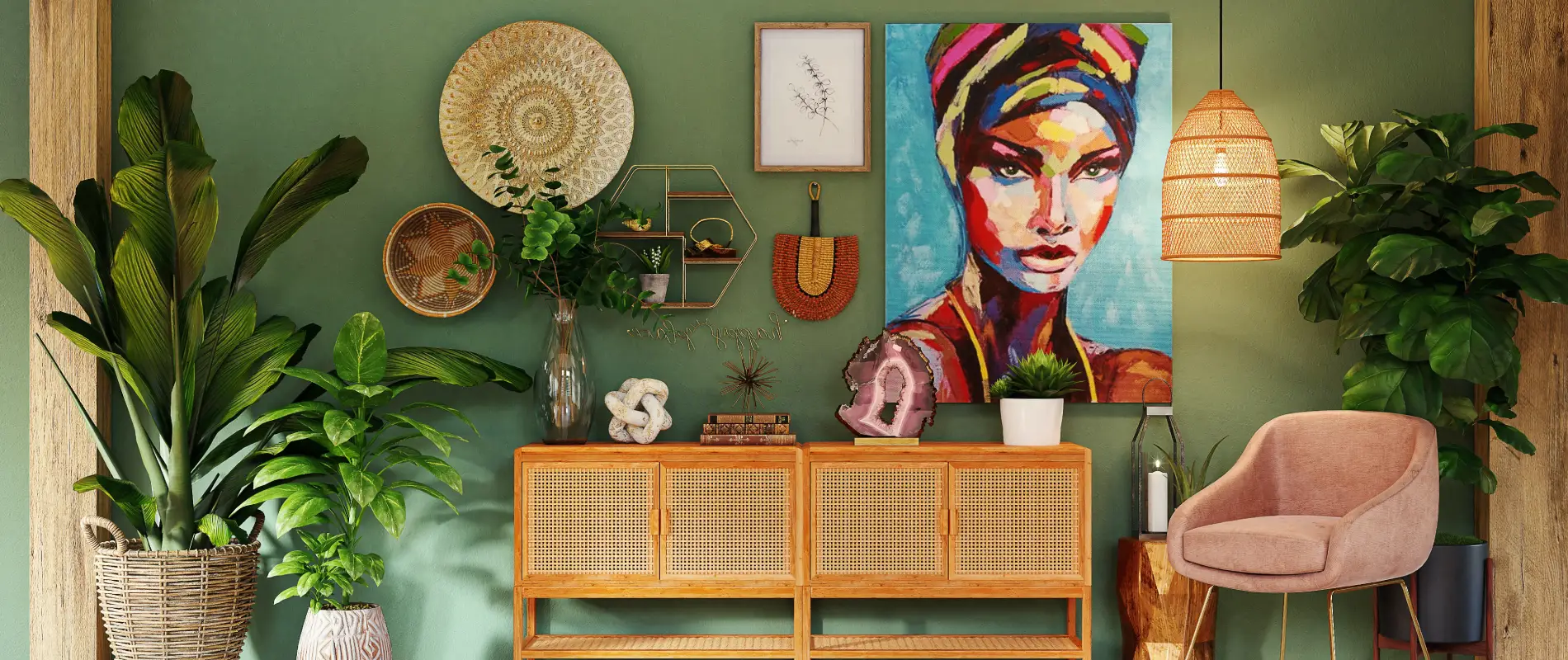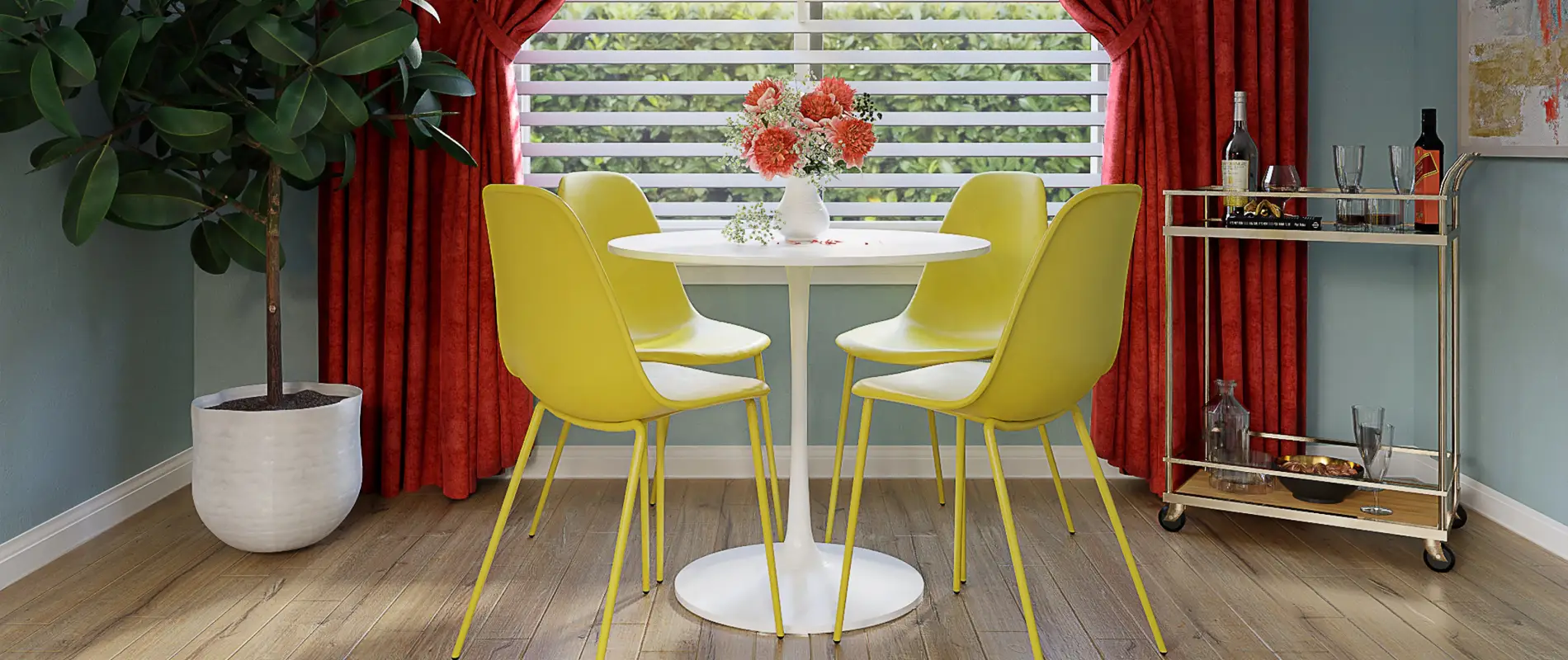Transform your WordPress site with a stunning image design!
Imagine landing on a WordPress website design that grabs you instantly. Here, a thoughtful single-column layout blends bold typography with a vibrant lantern image. This combo doesn’t just look good-it interacts with a “Say hello” button that invites users to engage.
Original design overview
The beauty of this design is in its simplicity and the way it directs the eye. With a vertical layout presenting key messages at the top and a striking lantern image to the side, it holds attention. The asymmetrical arrangement adds a refreshing twist, making the page feel both dynamic and engaging.
Layout analysis
- Overall structure: A simple, single-column layout keeps users’ focus centered.
- Arrangement: Key elements like the header, image, and text are vertically aligned.
- Asymmetry: The eye-catching lantern image adds a unique, engaging visual element.
Element and feature description
The design uses several visible elements, enhancing interaction and appeal:
- Headers: Prominent and striking, they spotlight key messages.
- Text Blocks: They integrate motivational quotes and information seamlessly.
- Image: The vibrant lantern image captivates viewers with a subtle glow.
- Button: Centrally placed, this “Say hello” button maximizes engagement.
- Interactive Elements: Designed for interaction, inviting user participation.
- Typography: A mix of bold headers and diverse text sizes establish visual hierarchy.
Unique design aspects
- Standout design choices: The interplay of colorful imagery and bold text creates a memorable composition.
- Hover effects/animations: While not visible, hint at increased interactivity.
- Responsive design: Mobile-friendly for a seamless experience everywhere.
- Accessibility considerations: High-contrast text enhances readability for everyone.
Overall design style
The design embraces a minimalist, impactful style with striking visuals and direct messaging. By balancing aesthetics with functionality, it guides user interaction effectively. Clear visual hierarchies, ample white space, and balanced elements create a clutter-free, navigable experience.
Such a design can significantly elevate your WordPress website, making it memorable and effective in engaging users. Curious about exploring alternatives? Check out Elementor Alternatives for more ideas and flexibility.
10 ways to organise content in WordPress
1. Organise with categories
Creating categories in WordPress allows you to group related posts seamlessly. This method helps both users and search engines to understand your content hierarchy. When structured well, categories enhance your site’s navigation and readability, ensuring visitors can find related articles quickly and efficiently.
2. Tags for specific topics
Tags work as keywords or labels that identify specific topics across your content. Unlike categories, tags are more specific and can apply to any post, creating an archival and searchable structure for niche topics. This enhances user experience, making it easy for readers to follow topics that interest them.
3. Use pages for static content
Pages differ from posts in WordPress with their static nature, ideal for timeless content like “About” or “Contact” information. Pages remain outside the blog post chronology, providing content that users expect to find regardless of updates to your blog. This helps maintain clear, accessible information across your WordPress website.
4. Custom post types for flexibility
For a more tailored approach, custom post types allow you to extend the default content structure. They enable the creation of diverse content types like portfolios, testimonials, or products. This flexibility helps in organising content that might not fit well with standard posts or pages.
5. Hierarchical content structuring
Creating a hierarchy with parent and child pages keeps your content organised and accessible. This structure mimics sub-folder-like navigation, helping users understand and navigate complex subjects effectively. Keeping a clear hierarchy reinforces thematic relationships among your content.
6. Navigation menus for ease
Using navigation menus efficiently manages site-wide accessibility. They link key pages and categories in a user-friendly interface, preventing users from getting lost on your site. Consider analyzing WordPress navigation menus for best practices to enhance your site’s flow and organisation.
7. Widgets for sidebar content
WordPress widgets allow for the inclusion of secondary content areas like sidebars and footers. Widgets, which often include search bars, recent post displays, or category lists, help in managing secondary content visibility and accessibility without cluttering the main navigation avenues.
8. Theme customisation for design
Modify your site’s design using theme options and WordPress website builder tools to better organise your content. Customising theme elements can significantly influence how content is interpreted and navigated, shaping the overall user experience.
9. Implementing content blocks
The Gutenberg editor’s content blocks add modular design capabilities to WordPress. Blocks make creating and managing content flexible and visually appealing. Utilize blocks for text, images, or multimedia to maintain organised layouts that adapt easily to different design ideas.
10. Archive pages for posts
Archive pages automatically gather your old posts, either by date, category, or tag. Keeping articles organised in this manner enhances searchability, making sure that older but valuable content remains accessible and relevant for users navigating through your WordPress website.
10 types of content in WordPress
1. Blog posts
The backbone of many WordPress sites, blog posts are chronological entries that share updates, stories or news. They engage readers through regularly updated content, optimising for search engines by frequently adding fresh, relevant material and integrating keywords naturally. Blog posts support interaction through comments, which can enhance user engagement.
2. Static pages
Static pages hold content that doesn’t change often, such as “About Us,” “Contact,” or “Terms and Conditions.” Unlike posts, they aren’t part of the chronological article sequence. They provide foundational information and appear in a structured format, creating a reliable repository for essential site information.
3. Photo galleries
Photo galleries in WordPress allow showcasing a collection of images in an organised and visually appealing way. Whether for art, design, or product showcase websites, galleries enhance engagement through visual storytelling. They can be further improved with plugins offering enhanced layouts and navigation controls.
4. Video posts
Embedding video into blog posts gives a dynamic edge to your content. Whether hosted on platforms like YouTube or self-hosted, videos can explain complex subjects quickly and create lasting impressions. Video posts engage audiences differently, accommodating visual learners and increasing time spent on your site.
5. Audio content
For podcast hosting or sharing music, WordPress enables the easy embedding of audio files into posts or pages. This format caters to auditory learners and busy users who may prefer listening over reading, broadening your audience reach and interactive content capabilities.
6. Portfolios
Portfolios display work samples elegantly on a WordPress website. Using custom post types or specialized themes, you can create a portfolio section that appeals visually and functionally. An organised presentation attracts clients or employers, ideally suited for artists, designers, or writers.
7. Testimonials
Testimonials build trust. Integrating testimonials on your WordPress website enhances credibility and can influence potential customers’ decisions. Displaying genuine user feedback and experiences adds authenticity and can be crucial for service-oriented businesses seeking to establish a reliable reputation.
8. Event listings
Event listings provide details and schedules, engaging users interested in attending or participating. Enhanced by calendar plugins, these listings become interactive, enabling easy RSVPs and ticket purchases, making it easier to manage and promote your events directly through your WordPress website.
9. E-commerce products
Product pages form the cornerstone of an e-commerce site, displaying information like descriptions, prices, and images. With WordPress plugins like WooCommerce, you can turn your site into an online store, handling all aspects of product management, customer interactions, and transactions efficiently.
10. Forums and discussions
WordPress can host forums to foster discussions around your content, creating a community space where users share ideas, ask questions, and interact. This user-generated content can boost engagement and provide insights into user preferences, assisting in personalising and refining your content strategy.
Conclusion
Harness the power of a clean, minimalist design with vibrant visuals and clear calls to action to elevate your WordPress website builder experience. Well-structured content types and organisation bring your digital presence to life, ensuring meaningful interaction with your audience. Start today, and see how a thought-out WordPress website design can transform your online landscape.




